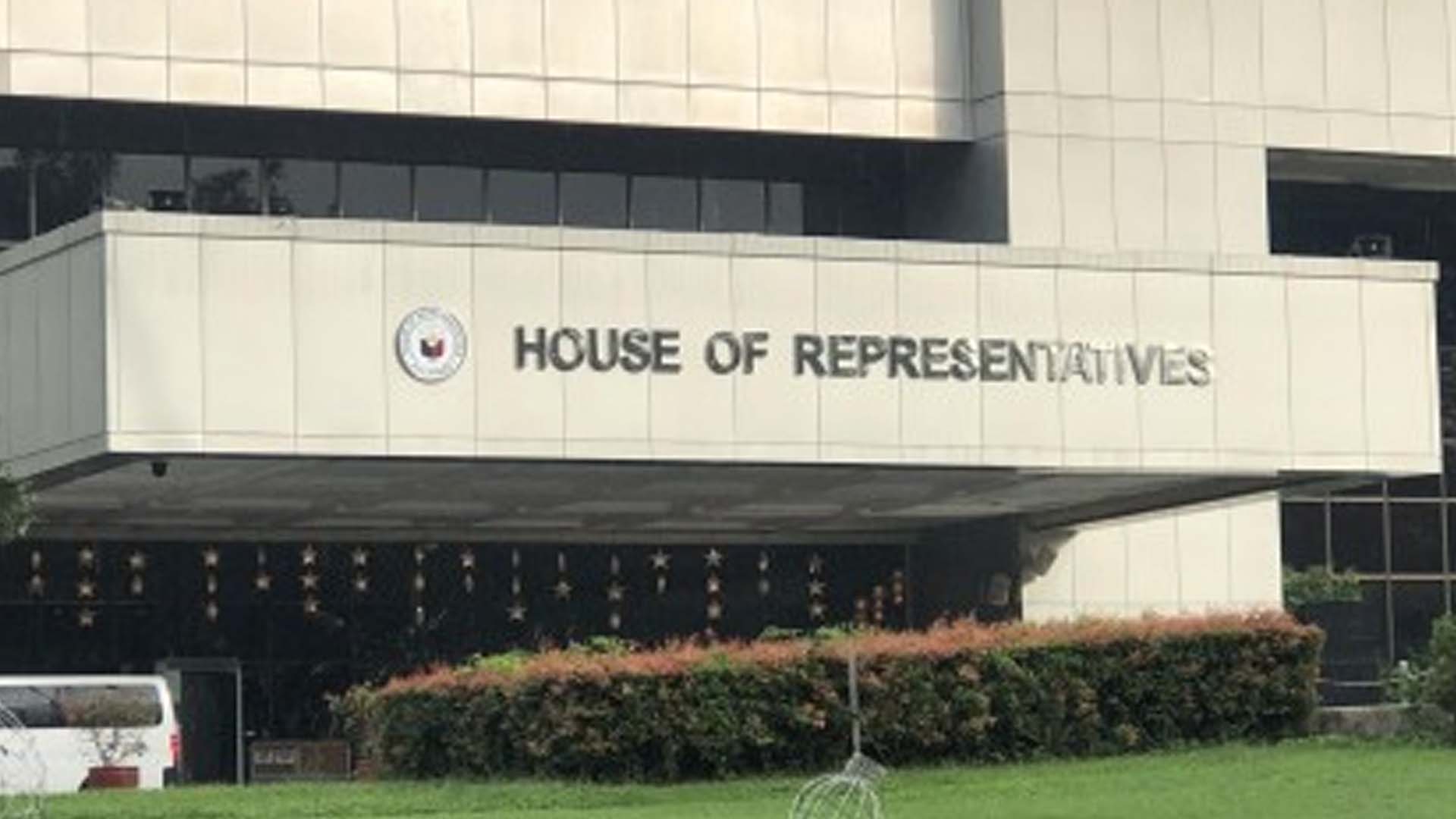A measure seeking to establish public schools in geographically isolated disadvantaged conflict-affected areas (GIDCAAs) has hurdled committee level at the House of Representatives.
In a meeting on Wednesday, the House Committee on Basic Education and Culture, chaired by Pasig City Representative Roman Romulo, approved the consolidated version of House Bills 650 and 1947, both of which aim to make education more physically accessible to the public by regulations and repairs and prioritizing the construction of new school buildings.
The bill, therefore, authorizes the renovations and establishment of access roads leading to last mile public schools.
Last mile public schools refer to schools in far-flung areas, located in the farthest areas or hours away from town centers and which have less than four classrooms.
Tingog Party-list Representataives Yedda Marie Romualdez and Jude Acidre, authors of HB 1947, said the measure would not only protect the physical welfare of students, but would also improve the effectiveness of education in designated areas.
“The Philippine Constitution provides that the State shall protect and promote the right of all citizens to quality education at all levels and shall take appropriate steps to make such education accessible to all,” they said.
Currently, there are 8,000 last mile public schools in different parts of the country that need to be empowered and strengthened.
The proposal would require the convergence of the Department of Public Works and Highways (DPWH) and of the Department of Education (DepEd) in comprehensive planning and construction of infrastructures that would benefit public students, such as the schools in GIDCAAs and last mile public schools.
Agusan del Norte Rep. Dale Corvera said if the government could construct roads leading to tourism sites, then it should also be able to construct roads leading to last mile public schools.
There is a provision under the bill stating that all schools under this coverage shall gain access to the availability of the programs under the Public Schools of the Future in Technology (PSOFT) that may be established by law or by the Department of Education.
The bill proposes a three-year period of implementation. (PNA)







